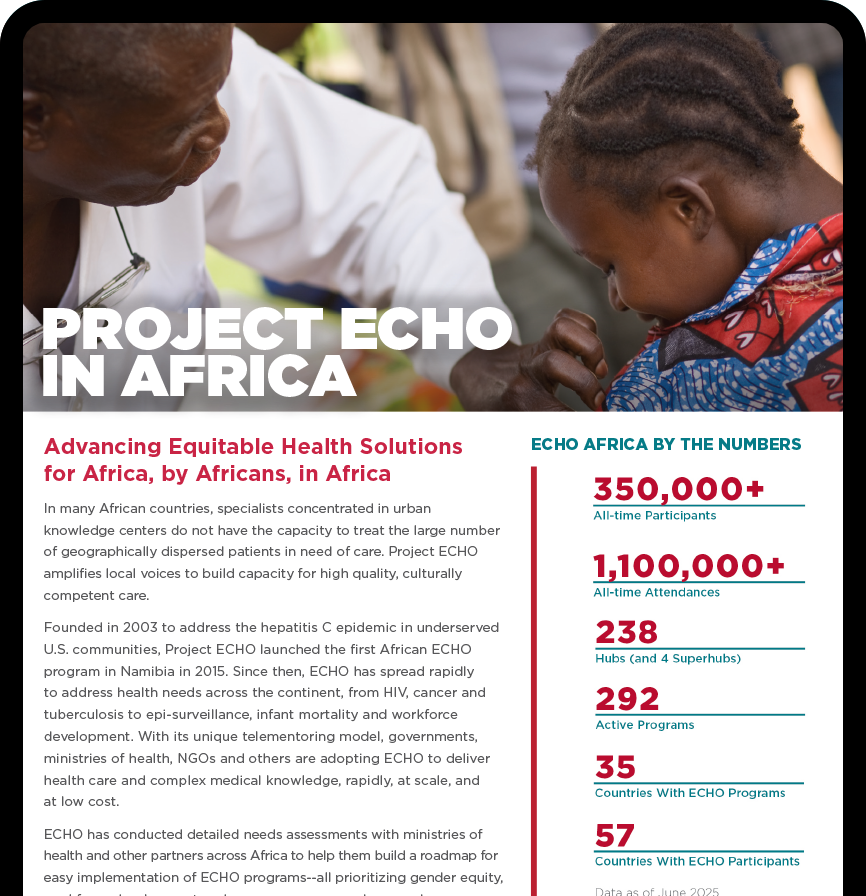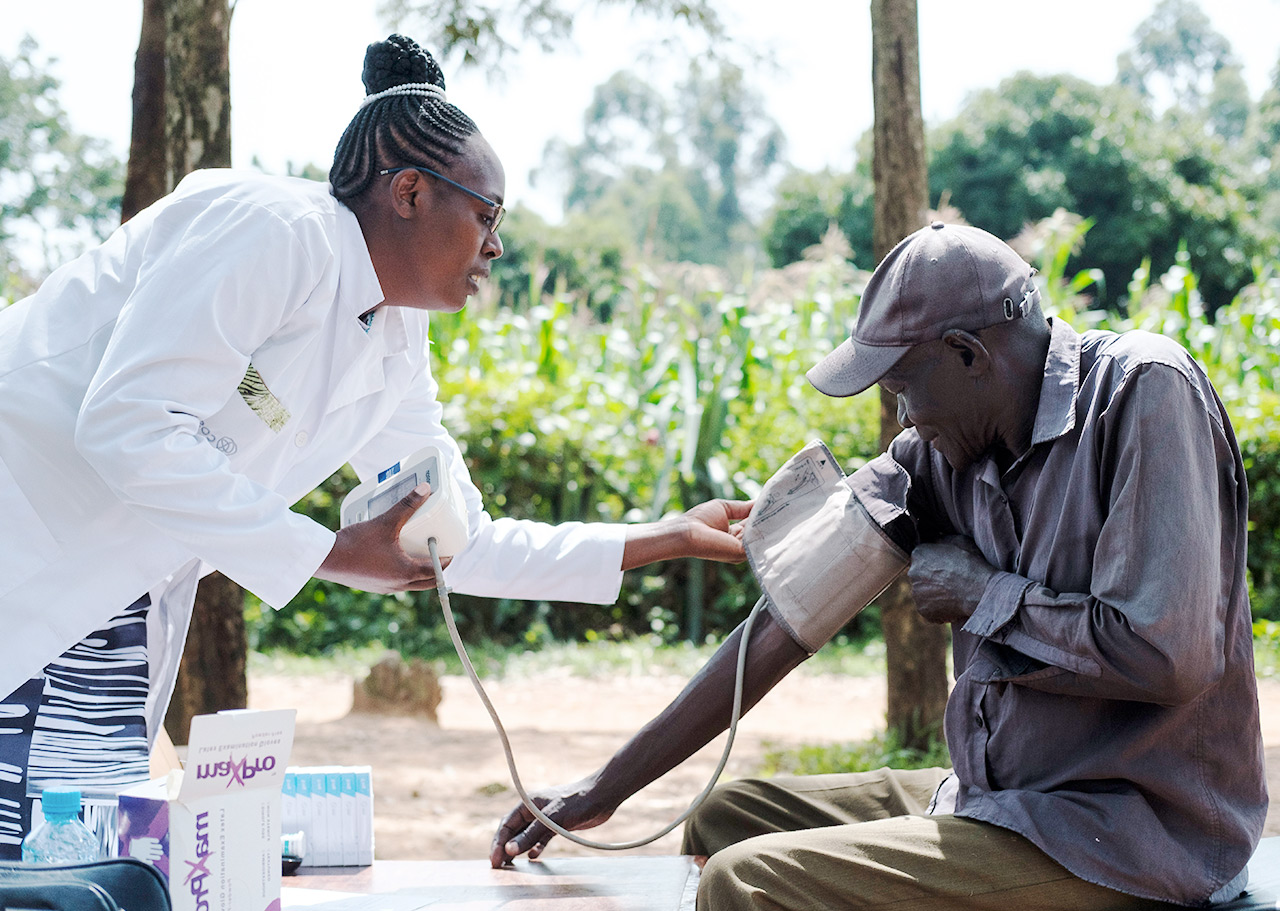
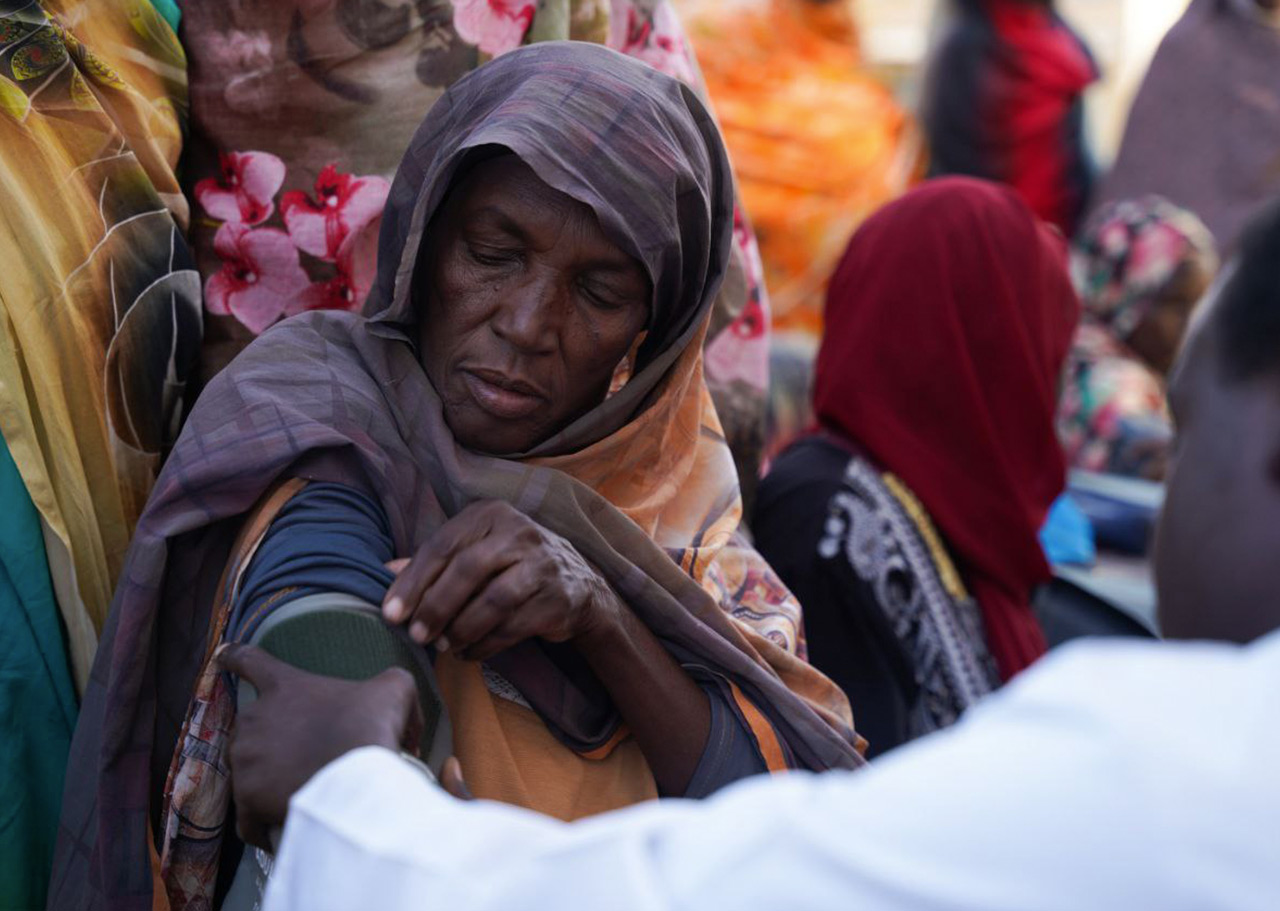
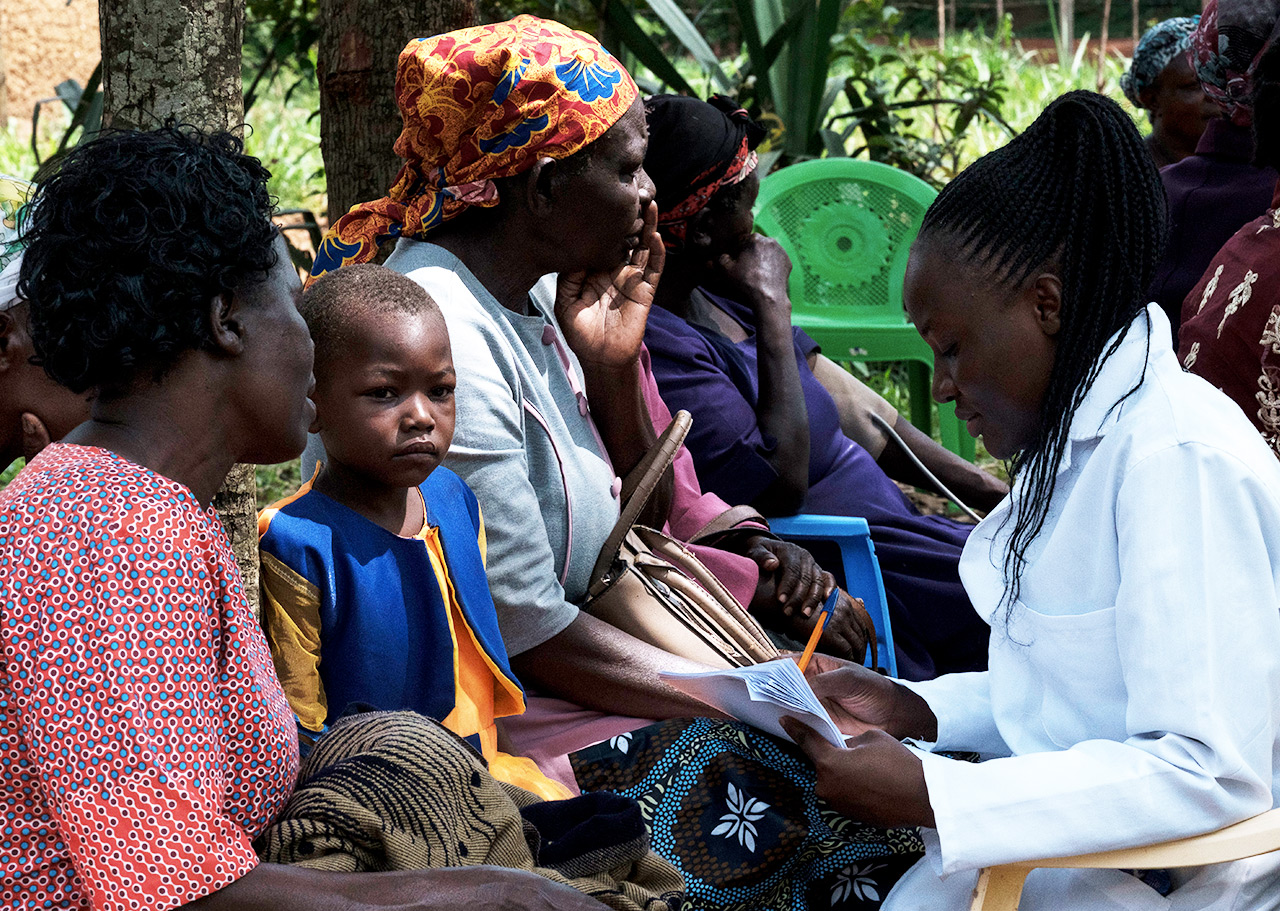
In many african countries
Less than 50% of the population
Has Access to Essential Health Services
WHY
does 50% of Africa’s population lack access to health care?
PROBLEM ONE
Africa is one of two regions expected to bear 70% of the worldwide shortage of 11.1 million health care workers by 2030.1
1 WHO World Health Statistics 2025
ECHO IMPACT
292 programs in Africa have had 1.1 million attendances from providers throughout the country, helping to fill gaps in care.
PROBLEM TWO
The African Region has the highest maternal mortality ratio in the world, with over 500 deaths per 1,000 births.
2 World Health Organization
ECHO IMPACT
PROBLEM THREE
Africa needs 6.1 million more health workers by 2030 to achieve universal health coverage.3
3 The Global Strategy for Health Workforce 2030
ECHO IMPACT
10 Years of ECHO in Africa
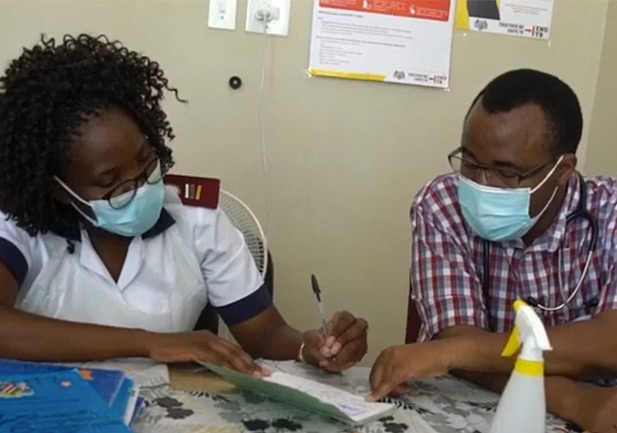
2015
ECHO launches in Africa to address urgent health priorities quickly, cost-effectively and at scale.
The first ECHO Africa program launches in Namibia to strengthen capacity for HIV care and treatment. The program’s initial success led to expansion to 60 total sites across Namibia, increasing HIV treatment capacities of doctors, medical officers, nurses and community health workers to this day.
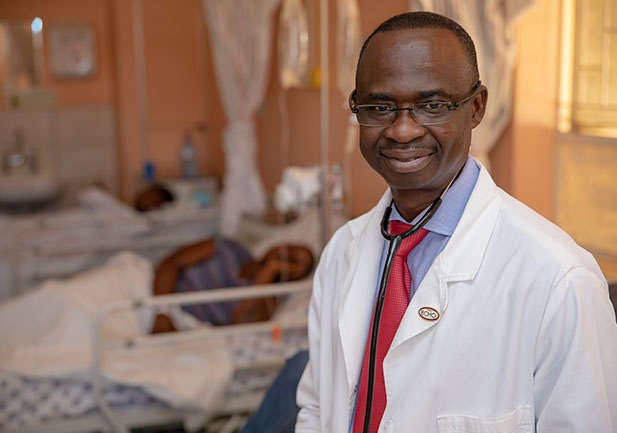
2016
Cancer treatment comes to remote communities.
The first African Cancer ECHO program launches in South Africa, enabling cancer patients in the Western Cape Province and Lesotho to receive chemotherapy where they live and with the support of their communities — instead of having to travel up to thousands of miles for treatment. Cancer ECHOs have since expanded to over 800 programs across 36 countries.
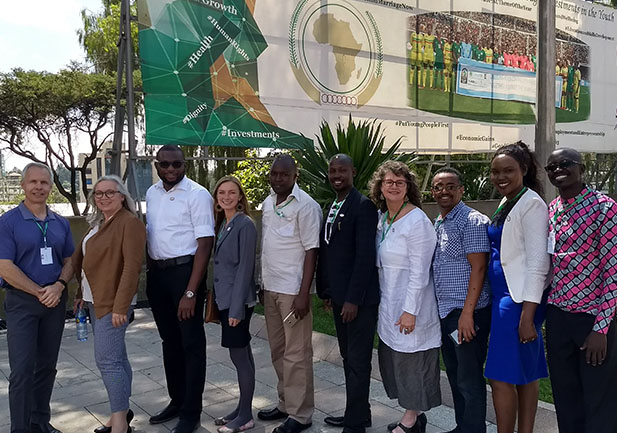
2017
Securing critical partnerships to prepare for and respond to health emergencies.
Long-term partnership begins with the Africa CDC, leading to four regional programs supporting information-sharing on disease outbreaks. ECHO’s emergency preparedness and response programs have since helped many African countries address threats from Ebola, malaria, Marburg and mpox.
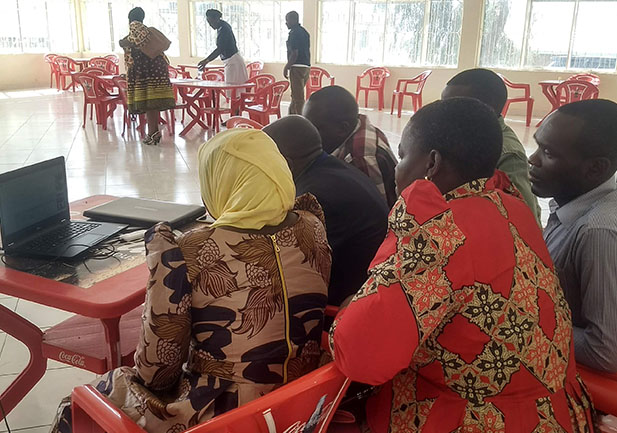
2018
Connecting Zambia’s frontline health care workers.
First Zambia ECHO Hub launches in partnership with Jhpiego. This single ECHO program grew into a Zambia Ministry of Health initiative using ECHO throughout the country to connect all its frontline providers with critical knowledge on many health priorities. They now have more than 250 participating locations and a fast, low-cost way to reach all providers.
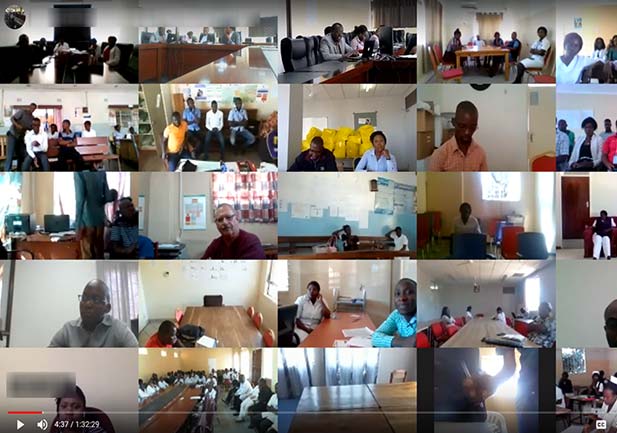
2019
Creating community for health leaders.
Africa MetaECHO Collaborative launches, bringing together ECHO leaders from across the continent to share insights, learnings and best practices. With the support of this mentoring network, frontline providers are less isolated, more up-to-date and better able to handle the many challenges they face.
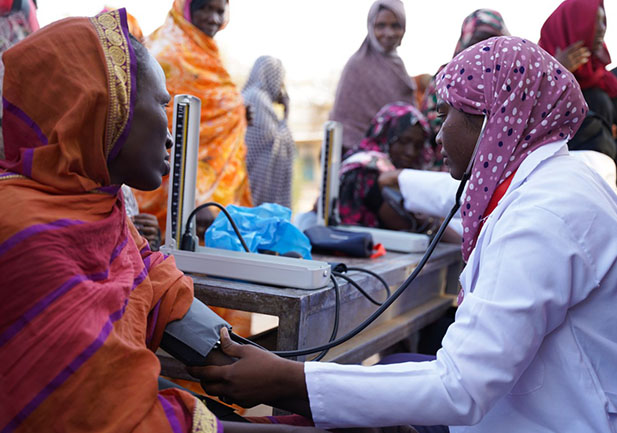
2020
Global pandemic catalyzes major expansion of ECHO’s Africa network.
In partnership the World Health Organization, ECHO uses existing networks and infrastructure to teach COVID-19 best practices to more than 750,000 African health workers in 54 African countries. These networks continue to this day, providing support for emerging outbreaks across the continent.
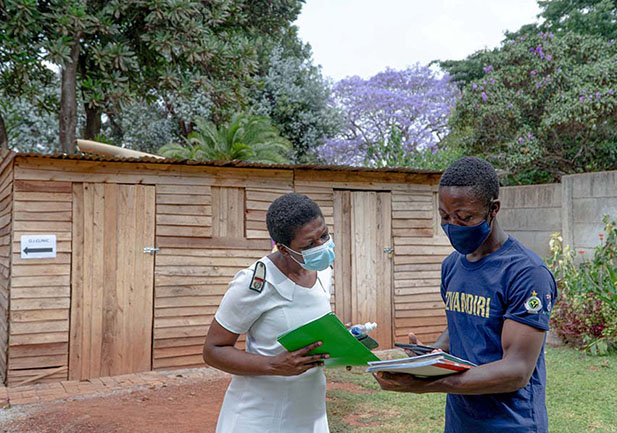
2021
ECHO partner innovations accelerate to meet diverse challenges.
Working across the continent, Zvandiri uses the ECHO Model to help young people fight against HIV through peer mentorship. Because of ECHO, their staff no longer has to travel across Africa to train and mentor others, now reaching more young people in a time- and cost-efficient way.
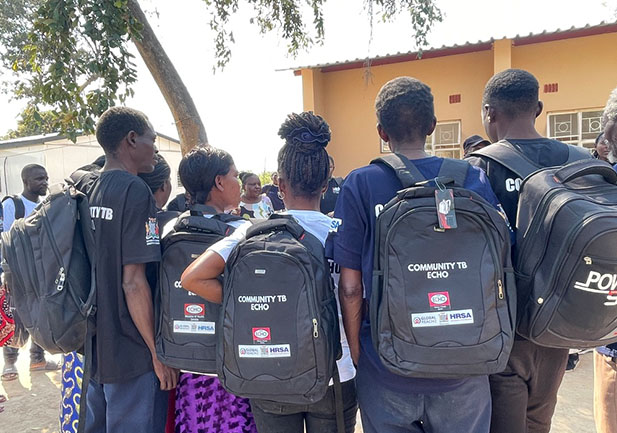
2022
Local partners lead exponential growth for the ECHO Movement.
The first Africa Superhubs are started by the Zambia Ministry of Health and Cote d’Ivoire’s National Public Health Institute (INSP) to recruit, train, and support new partners. These ECHO experts provide assistance and mentoring as new partners grow their ECHO programs, reaching beyond borders to serve wide geographic regions.
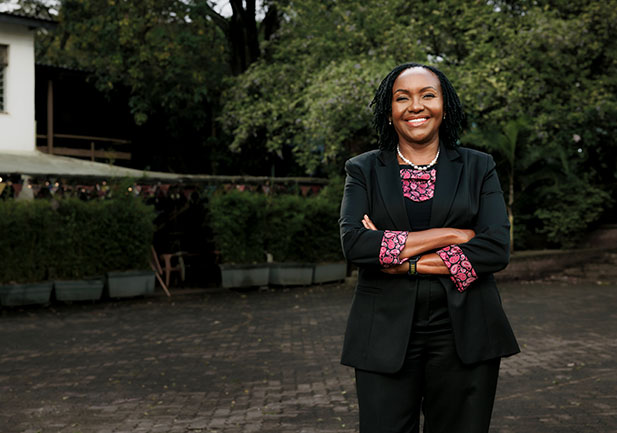
2023
Solutions by Africans, for Africa, in Africa.
ECHO hires Dr. Caroline Kisia, based in Nairobi, Kenya, to lead the growth and development of the ECHO Model throughout Africa. Dr. Kisia has over 25 years of experience in the health, humanitarian and development sectors, and is committed to fostering collaboration to solve the continent’s most pressing challenges.
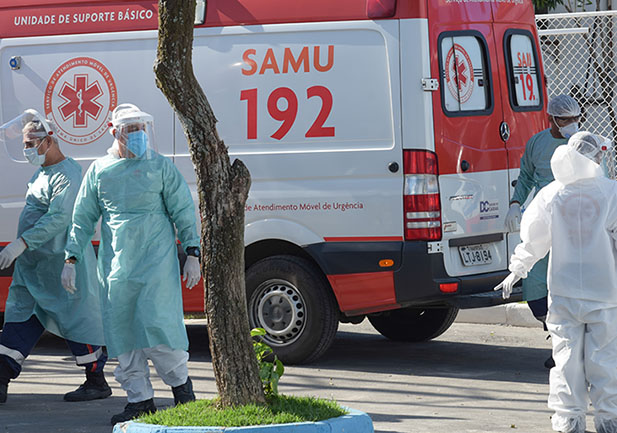
2023
ECHO becomes learning central for Africa’s emergency preparedness and response.
Project ECHO is certified as the first WHO Collaborating Centre for Digital Learning in Health Emergencies, helping thousands of Africa’s frontline providers access just-in-time knowledge to anticipate and manage deadly disease outbreaks before they spread.
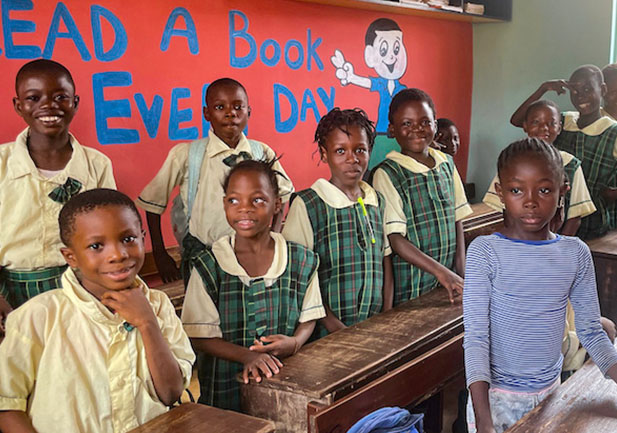
2024
Expanding beyond health care to address communities’ most urgent priorities.
First African ECHO for Education program goes live in Nigeria, where nearly 40% of educators have not received certification to teach. Improving access to continuing education is an urgent need and Nigeria is using ECHO to pioneer a solution. ECHO is also being used to address climate, food and water challenges.
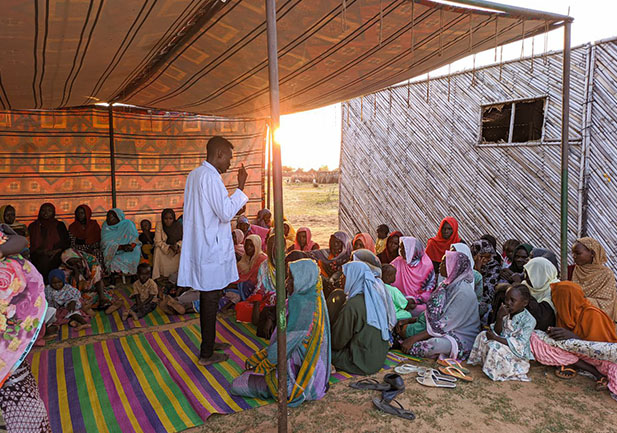
2024
Teaching critical war-time skills to save lives in Sudan.
The Sudanese American Medical Association pivots their ECHO infrastructure to help health care providers re-tool their skills to adapt care for patients, with fewer resources and abundant threats. SuDRO, another partner, stays connected and up-to-date using their ECHO network as they provide direct service to war-torn communities.
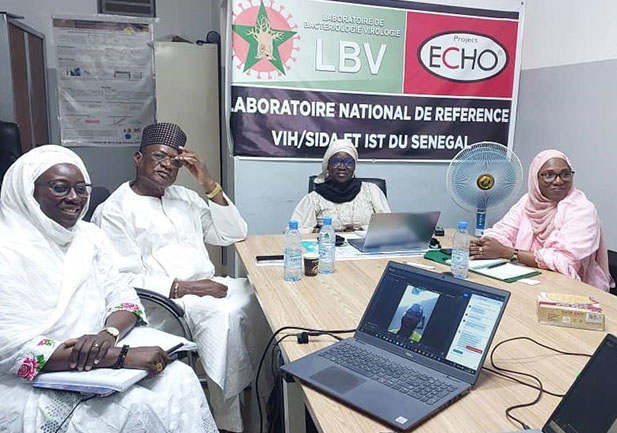
2025
Helping Africa’s health care providers avoid the next superbug.
The Telementoring, Equity and Advocacy Collaboration for Health through Antimicrobial Stewardship (TEACH AMS) ECHO initiative expands access to best-practice, comprehensive antimicrobial stewardship to underserved patients and their families across Africa, keeping antibiotics effective and available.
Project ECHO in Africa
We're Just Getting Started
Your gift to Project ECHO has the power to transform health care for countless individuals across Africa – throughout the next decade and beyond. Together, we can increase access to the right knowledge, at the right place, at the right time.

